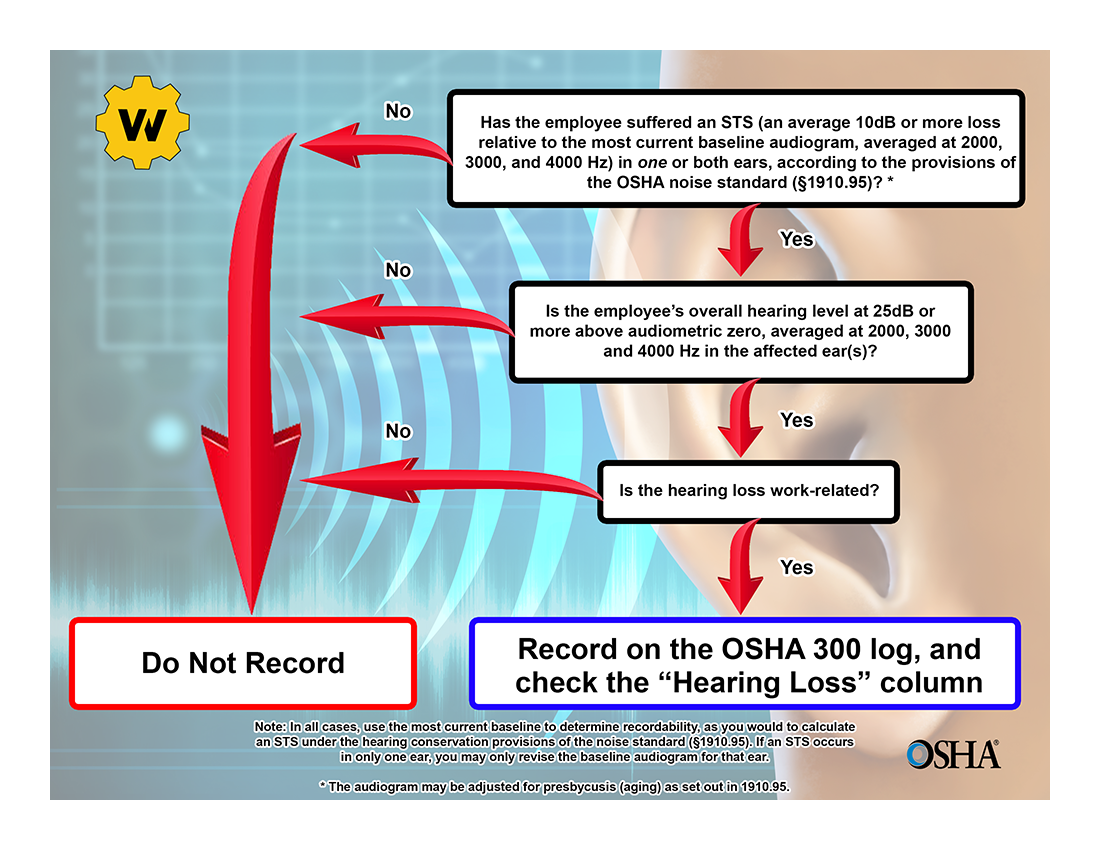OSHA Scales Back on Data Collection For Recordkeeping Standard
OSHA is backtracking on its electronic recordkeeping standard, which required companies of a certain size to submit injury and illness records known as Form 300A, 300, and 301. The purpose of the rule was to collect data on workplace threats and create effective reform.
These records were due on July 1 from establishments with 250 or more employees, or those with 20 to 249 employees in high-hazard industries. However, OSHA published a notice last week in the Federal Register stating that it would no longer require submissions of Forms 300 or 301.
(Related: Quick Facts: OSHA 300 Logs)
OSHA states this change will “protect sensitive worker information from potential disclosure under the Freedom of Information Act.” The administration argues that the time and effort for employers to collect and submit this data is not justified by significant evidence that there is a benefit to collecting the information.
The Ensuing Backlash
These reasons for updating the electronic recordkeeping standard were first listed on the OSHA website, before the publication of the notice.
This caused an uproar among worker advocacy organizations, including Public Citizen and the American Public Health Association, who filed a lawsuit on July 25 arguing that OSHA did not follow the notice-and-comment protocol in this instance of suspending a deadline.
(Related: 200,000 Employers Fail to File Records with OSHA)
“The electronic recordkeeping rule is vital to worker safety. OSHA’s turnabout flouts the law and will needlessly harm workers across the country,” said Sean Sherman, an attorney for Public Citizen, in a July 25 press release.
“Public Citizen and other worker advocacy organizations planned to use OSHA’s data to conduct research on occupational health and safety, analyze the most serious workplace threats and push for stronger regulatory protections.”
Secretary of Labor R. Alexander Acosta stated that the agency was exploring options that would allow it to collect data without infringing on another big concern: Personal privacy.
“We are looking at methods where we can obtain the data en masse without individual identifying information because once we receive the data, it can eventually become subject to disclosure,” Acosta said.
Others, including former OSHA Deputy Assistant Secretary Jordan Barab, believe that the worry over personally identifiable information is a non-issue because this type of information can be scrubbed out using software.
In a recent article on his website, Barab said that the real fear is by companies who believe their information may become public.
“Transparency is great,” Barab added, “unless it hurts your bottom line.”
It’s Still Good to Keep Those Records, Just In Case
As with anything else that involves government, there will be support and opposition. No matter where you stand on the electronic recordkeeping standard, it’s still a good idea to maintain accurate, detailed health and safety records.
The standard has already changed multiple times… you never know when another change may occur.
Your occupational health company should both provide you with data and keep a secure database of your team’s medical testing records. A
t Worksite Medical, after all of your team’s medical testing is completed, their records will be maintained in accordance to HIPAA standards, and access will be granted in the same manner.
You’ve got your company’s back, and we’ve got yours.

Create a Less Disruptive, More Productive Occupational Health Plan with Worksite Medical!
Are you looking for a way to keep your team safe, while also limiting risk and increasing production? Simplify your medical plan today. We help team leaders like you develop less disruptive, more convenient occupational health plans that comply with complex industry standards, thus creating a healthier, more productive workforce. Take control of your medical testing program, and make sure your team is within NFPA 1582 requirements.





